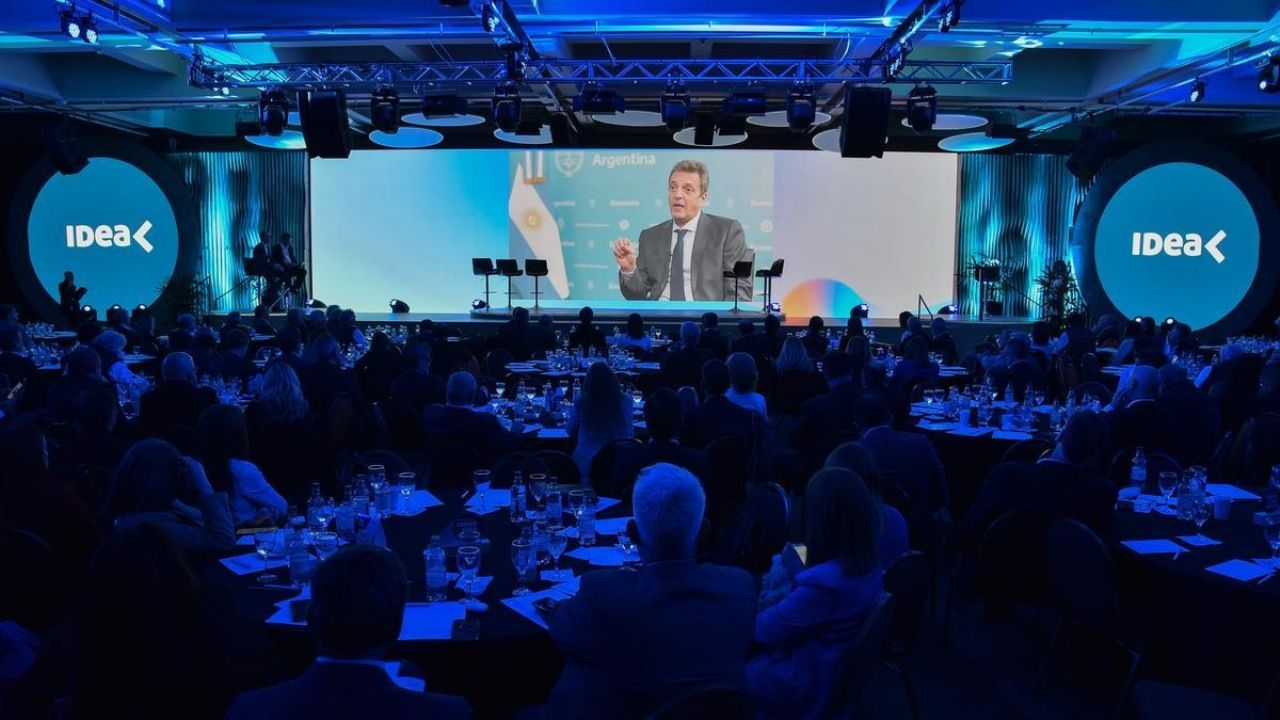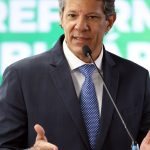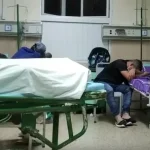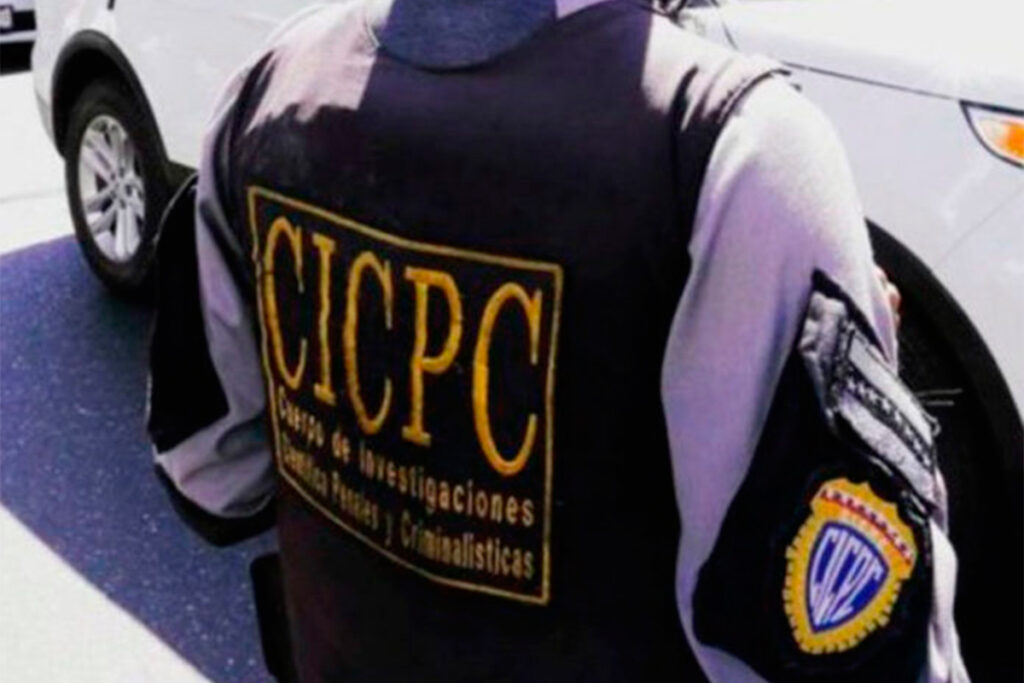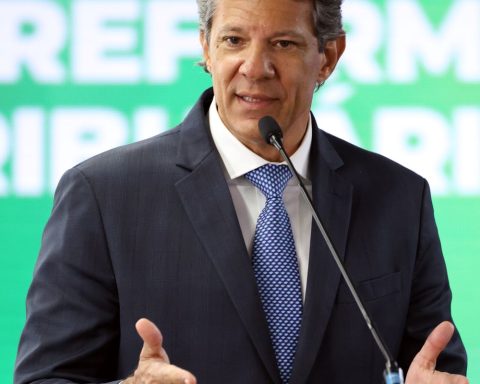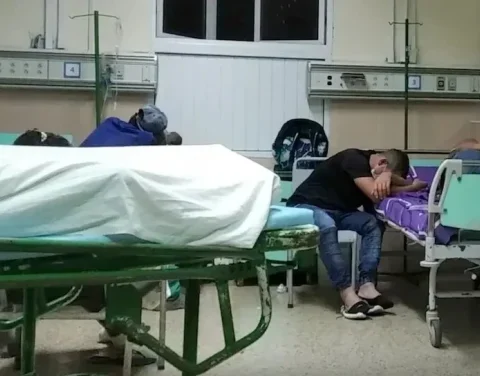Within the framework of the IDEA Colloquium, the Minister of Economy, Serge Massaprovided a recorded video where he referred to various aspects of the economy such as inflation, the issue of reserves and the fiscal and commercial surplus.
The Minister He pronounced in the new 58th colloquium, under the motto “Give in to grow”, that “politics has to give in and set an example of austerity, and businessmen also have to give in the benefits” that are obtained from the State. Also, Serge Massa He said: “We have to go back to having twin surpluses (fiscal and trade), together with a competitive exchange rate and the accumulation of reserves.”
Serge Massa is currently at the Annual Meeting of the International Monetary Fund (IMF), from where he apologized for not being able to be in person at the first Colloquium after the coronavirus pandemic. “I would have liked to be,” he said.
According to him Minister“the best moments of Argentina in the last 20 years were when we had the twin surpluses (fiscal and commercial), with a competitive exchange rate and accumulation of reserves”, since in those years “there was a growth (of the economy ) that allowed distributional improvements”.

On the informal economy
Serge Massa He was critical of the actions of a sector of the political class that affirms that “we hunt in a zoo” in what refers to the collection of taxes. “We have a large amount of the economy under informality,” said Massa and also assured that there is a portion of Argentines who have money in tax havens in the United States.
That is why they are finishing closing an agreement between the AFIP and the United States fiscal entity called IRS, for the immediate exchange of information.

He also stated: “It is essential that we understand that the fiscal order is the path of predictability for the Statefor the citizen regarding his obligations with the State and for the development of public policies”.
The minister called “the four big global players of the countries in the next ten years”: to the energy sector, minerals, knowledge economy and the “protein” sector.
